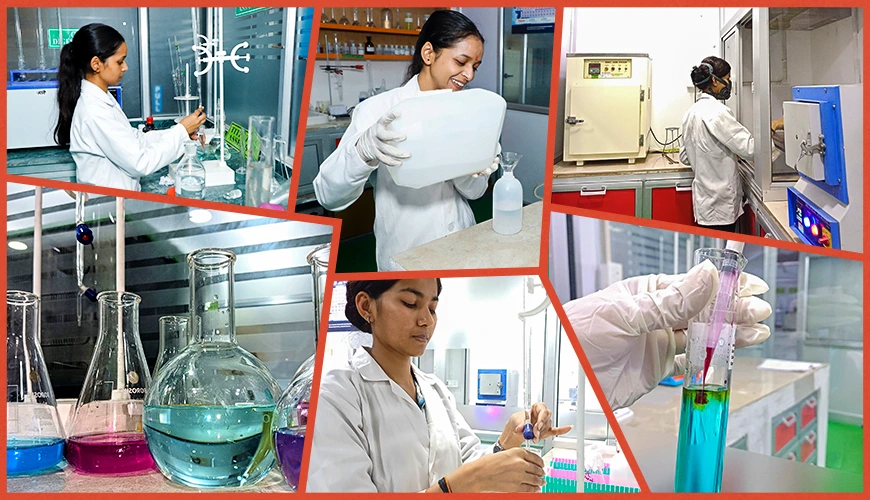
Cement Testing: Ensuring Quality And Durability
2023-11-09

Water Quality Testing Is Crucial To Insure The Safety Of Both Drinking Water And Water Used In Industrial Processes. There Are Many Different Types Of Water Quality Tests, Each Designed To Measure Different Aspects Of Water Safety. Depending On The Purpose Of The Water Test, Different Water Quality Parameters May Be Tested For.
Bore Well Water, Tube Well Water, Process Water, Drinking Water, Construction Water, Industrial Water, Soft Water, Portable And Domestic Water, Water For Construction, Waste Water, Industrial Effluent And Domestic Effluent Are All Types Of Water That May Be Tested For Quality Purposes. Depending On The Type Of Water Being Tested, Different Water Quality Parameters May Be Tested For.
Some Of The Most Common Water Quality Parameters That Are Tested For Include:
pH - The Measure Of Acidity Or Alkalinity In Water;
Conductivity - The Measure Of How Well Water Conducts Electricity;
Total Dissolved Solids - The Measure Of All Inorganic And Organic Substances Dissolved In Water;
Turbidity - The Measure Of The Amount Of Suspended Particles In Water;
Chlorine - A Measure Of The Amount Of Chlorine In Water, Used As A Disinfectant;
Bacteria - A Measure Of The Amount Of Bacteria In Water;
Nitrates - A Measure Of The Amount Of Nitrates In Water, Used As A Fertiliser;
Metals - A Measure Of The Amount Of Metal Ions In Water.
Organic & Trace Organic - Chemical Oxygen Demand (COD), Bio-chemical Oxygen Demand (BOD), Oil And Grease, Phenol.
The Type Of Water Testing That Is Conducted Will Depend On The Type Of Water Being Tested And The Purpose Of The Test. For Example, Drinking Water Quality Testing Will Focus On Different Parameters Than Testing Of Water Used In Industrial Processes.